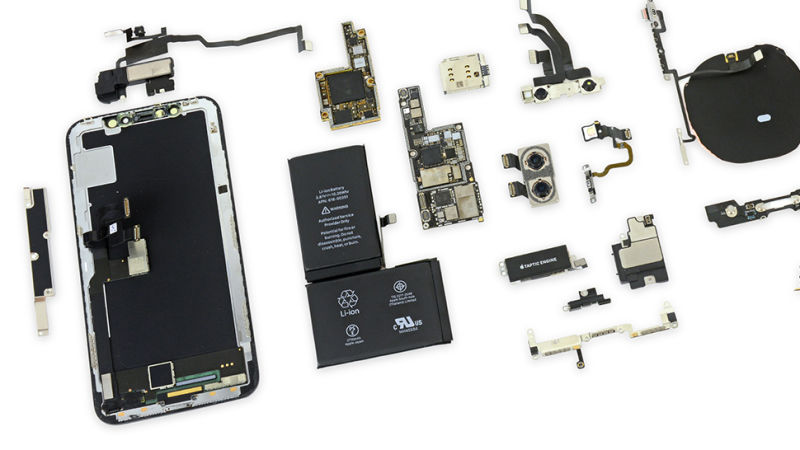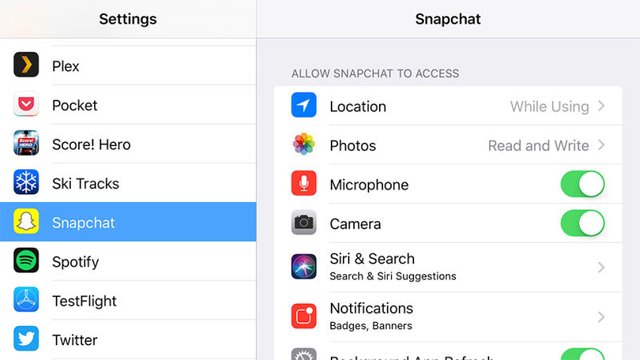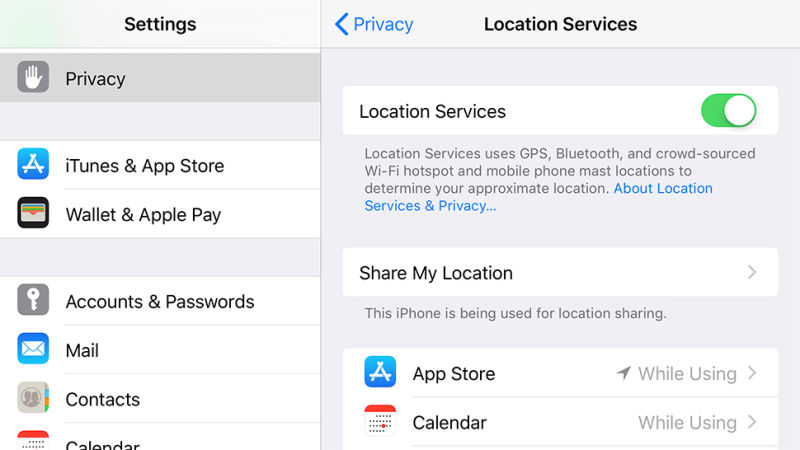someones are watching over us from android phones and apps
Smartphones from the biggest 'helpers' of our lives, which we carry with us constantly, sleeping under our pillow or on a table right in front of us, provide only useful information. The applications on these vital devices collect a lot of data about us and use it for various purposes.
There are many rumors about smartphones; they capture our fingerprints, they know our voices, they take our eye prints with retina scanners, or they are registered in our database with the latest face recognition systems, and of course all of them are America's game. What is said is that while the reality is present, the situation is very funny. But with it, many smartphone apps also collect a lot of data about us and most of the time we sell your news to companies as advertising data. How do they pick them up
Sensors:
Our smartphones have a lot of sensors; where we go, how fast we go, and so on. All of these data are used by applications to improve the user experience. The task of these sensors is to let you know that you are on the right track, but it is always a question mark as to how much of the collected data is stored.

As you know, OnePlus, which has been interpreted as a big scandal over the last few months, has come up with the events it collects through the devices that it produces the user identity. Google's privacy policy, on the other hand, is the most important factor that affects the security and privacy of Android devices. Your Google account will not sign in to Android, your device will contact your Google credentials, and your Google data will begin to record. (Your phone calls, the location of your phone, the device you are using, and more.)
You can also find Apple's privacy policy online. While many of the collected data are the same, Apple is acting differently than Google. (and is not sent back to Apple). Face ID is a good example of how Apple will distinguish itself from privacy. According to the saying, Apple collects the data that it collects through Face ID only on the phone. However, some of these data may be shared with third-party applications.
Apps:
At the top of the basic information collected by your smartphone and returned (or not reposted) to the company that produced your device is all the information collected by the applications you are running. These applications collect data with permission requests that we do not look at.
If you want to know exactly what permissions are granted to an app (Android phone), open the Settings section, then go to Applications and notifications, select an app, and click Permissions.
This shows the properties of an application's data that your phone can watch, but you need to examine the usage and privacy policy requirements of that application to know exactly how it is used. In this context, we are still largely committed to the mercy of application developers as to how your data is used.
On the other hand, Developer Felix Krause talks about something very interesting and obscure about the subject; Allowing an application to view photos on your device also allows this application to see your current location. Because all photos contain geographic labels. In addition to this, you can use the browser you are using and the sites you have entered to carry out the trace operation virtually.
How can you control:
As you can probably tell, it is not easy to claim what data is collected, and then how that data is given to third parties or how it is used. The producers can do what they want because of the permissions we give them. For example, according to Samsung's policy, you can collect GPS information from your phone, translate voice calls without talking to third parties, and share all this data with business partners who can use it.
Of course, if you do not want any of these, there is a simple but also impossible option: you can stop using it. However, there are some settings that you can use to prevent your applications from collecting as much data as they possibly would like.
Location tracking is a great feature for advertisers. On Android, you can turn off Settings - Security & Location, Location and your watch history. In IOS, open Settings, then go to Privacy and Location services and disable this feature. You can turn off or limit an application on the basis of monitoring location from the same menu.
On the other hand, we have to rely on others to prevent information from being collected via sensors. From Google's point of view, there's an official option to manage this. This includes all platforms that you use Google. By opening your Google account page on the web, you can select Personal information and privacy and change how data is collected. (via Go to Activity Control - via Go to My Activity) You can also delete some data you have.
As a result, even if your smartphones are not part of a massive advertising network, they are helping to create some ads thanks to the data they collect. For those of us who use and have to use technology, what we can do for this situation is also very limited. Of course not to use it, but he does not think we can do it either. Those who object to it will have to come out, but as you know, the means of production are wholly in power.


Let all get paranoid...
source
FD.
Ur right :)
Is this how Santa Claus knows who is naughty and who is nice?
Thanks to @firedream, this post was resteemed and highlighted in today's edition of The Daily Sneak.
Thank you for your efforts to create quality content!